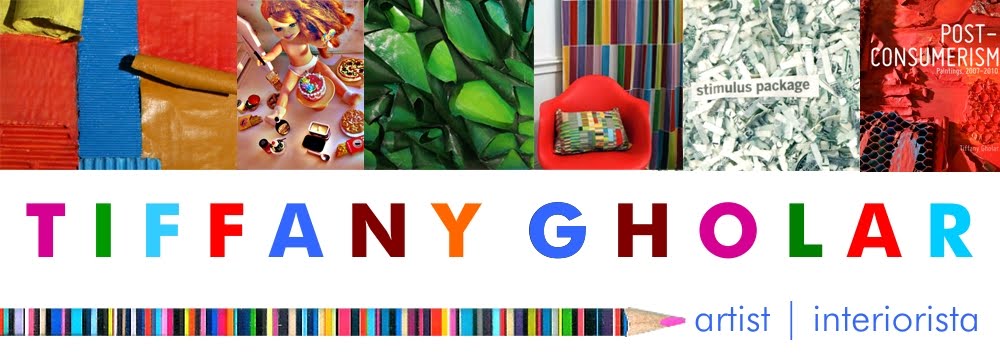Since Independence Day is coming up next week, I thought I'd share an important book about freedom. Don't you love it when you serendipitously come across a book in the library when you're looking for something else? That's how I came to read The Freedom Manifesto a few weeks ago. The book's full title is The Freedom Manifesto: How to Free Yourself from Anxiety, Fear, Mortgages, Money, Guilt, Debt, Government, Boredom, Supermarkets, Bills, Melancholy, Pain, Depression, Work, and Waste. I wish I had found it back in 2007 when it was first published.
What I love about Tom Hodgkinson's irreverent book is that he questions so many of these notions, and does it with such a wry British sense of humor. (Ironic, isn't it, for me to turn to a book by a British author for inspiration on Independence Day?) He writes about the rules that were meant to be broken and explores fun ways of breaking them.
On beauty:
- Things used to be more beautiful. That is fact. The industrial process can be seen as a process of uglification, as everything becomes objectively uglier when it submits itself to the rule of mass manufacture, cheap labour and profit. Noble, contemplative Quality is murdered by venal, avaricious Quantity.
- Perfectionism itself is a kind of death; the machine can turn out thousands of perfect objects, but they have no life.
- Only buy beautiful things. Only make beautiful things.
- It is one of the terrible ironies of the age that something as expensive as plastic, which relies on limited supplies of oil, has become cheaper than wood, which is endlessly renewable.
- To free yourself from the cycle of work-spend-debt-work, simply stop consuming.
- To be able to find an odd item that looks good from a second-hand shop proves you have real style and are not just a mere follower of fashion. Style is about being yourself, and fashion is about being like the others.
- Don't make luxury into a meaning.
- Treat abundance and want with the same detachment.
- When it comes to freeing ourselves from faith in machinery and technology, one answer is to go backwards. I have discovered that it is very easy to live like a millionaire, if you simply go back in time a little. Super 8 cameras from the 1960s, for example, cost about £1 and are much more fun than the dreaded camcorder.
- The future is always about machines. But I don't think about the future; I think about the present. The future is a capitalist construct. The past teaches us that the future has let us down, and let us down many, many times.
- Worrying about the future is a useless act; it does nothing to improve the present. Funnily enough, the people who encourage others to worry about the future are those who want your money now. They themselves are not worrying about the future; they are maximizing their profits today.
- It is the separation of our lives into mutually competing zones that causes the problems, the anxieties, the illnesses, the debts. Our goal should be to bring them together, to integrate them, to harmonize them, so work and life become one and the same thing.
- One unhelpful solution thrown up by modern society is the dreadful aim "work-life balance." Oh, horrors! Quite apart from being an ugly, awkward and vulgar little phrase, there is something rotten about the whole concept because it implies that work is bad and life is good. Well, make work good, make work into a creative pleasure, and you won't have to worry about balancing the good with the bad; all will be good.
- We are encouraged to believe that we are useless, unable to look after ourselves and hence need an employer to subdue our unruly self and slot it into a strict timetable. When you realize that, in fact, you are free, this problem ebbs away.
- Career precisely reflects the dynamics of other modern myths: it is a greedy monster, never satisfied, always wanting more. And career encourages what I consider to be a terribly unnatural self-specialization: in our urge to compete, we tend to try to become very good at one small thing to the exclusion of all others.
- Careers don't allow us to be fully ourselves; careers take as an index of success money and status rather than pleasure in work and creativity. "Vocation," on the other hand, means "calling," and it is a task that earns you a living and which you enjoy doing.
- Create your own life. Cast off resentment. Reject the idea of 'have-tos'. You don't have to do anything. You have free will. Exercise it.


No comments:
Post a Comment